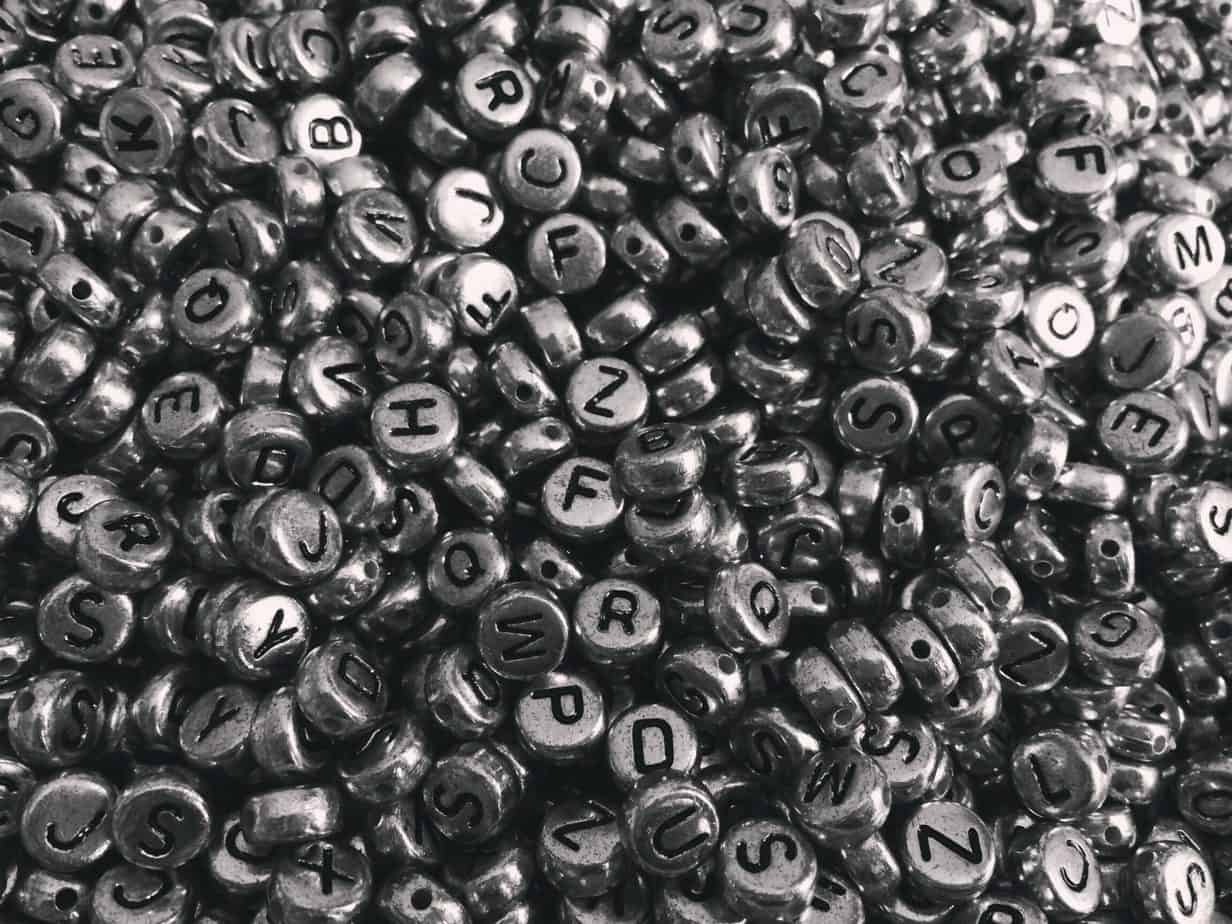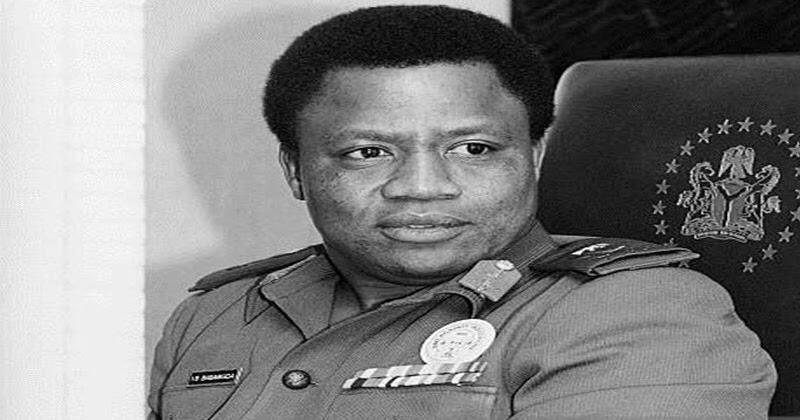The “Babangida Must Go” Protests: A Missed Opportunity for Revolution Young, obscure student leaders in 1989 led the best chance of a revolution Nigeria had at the University of Benin campus in May 1989. These young leaders staged a protest that became famous as the “Anti-SAP Riots”. This protest-turned-riot spilt…
Tag: Military rule

Buhari: Uncollected Gas-Flaring Revenues
Buhari: Uncollected Gas-Flaring Revenues When it comes to attacking and witch-hunting the defenceless, or the underestimated, President Muhammadu Buhari has a heart larger than Zuma Rock – his machismo is unlimited; when it comes to dealing with major players in the Nigerian economy Buhari’s timidity is fantastic. In his anti-corruption…

Wole Soyinka and Military Forgiveness 3
Wole Soyinka and Military Forgiveness 3 In a most unspectacular reinvention “moment”, Nobel Laureate, Wole Soyinka, has publicly declared not only his “forgiveness” but the endorsement of President Muhammadu Buhari. He has affectionately called Buhari a “born again” and a “new phenomenon”. Every man has a right to change his…

Wole Soyinka and Military Forgiveness?
Wole Soyinka and Military Forgiveness? Wole Soyinka is not only a genius but also indeed an enigma even to the most discerning of minds. What is certain is that he has chosen in the course his entire career to be “the man on the moment”. Sometimes such quests for championing…
Nigeria: Globalisation Democracy and the Possibility of a Coup d’etat
The United State of America is the chief exporter of “globalisation democracy” that has seen nations around the globe both encouraged and bullied into taking on two incompatible dictates of governance policy; representative democracy and neoliberalism.
Owners of Nigeria Technostructure
Owners of Nigeria Technostructure In Nigeria there exists a non-market non-governmental extortionist technostructure that is nameless but for the purpose of convenience we shall call it the ONT (i.e. the Owners of Nigeria Technostructure).
Nigeria Tested by Choice: Buhari or Jonathan or No One?
The 2015 elections in Nigeria are about Muhammadu Buhari of APC and Goodluck Jonathan of PDP. Those who are not voting will be voting for ‘no one’. Voting for ‘no one’ is legitimate in a democracy. Beyond the relevance games, rumours, slander, seditions, insults, accusations, libel, smears, cross-carpeting, campaigns, anti-campaigns…

Election2015: Eternal Baby Syndrome
Election2015: Eternal Baby Syndrome In the course of researching corruption and misgovernance in Nigeria it is not too hard to observe public servants and politicians. These persons of very high status and education plead that they are “still learning” when their heinous and embarrassing incompetence and failures come to light….
Must Nigerians Defend Illegal Arms Dealers?
We cannot reduce malfeasance to party politics or party propaganda alone in Nigeria or any nation on the planet, anonymous and faceless special interests play a bigger role. Military rulers as well as democratic politicians have all contributed abundantly to this disaster called Africa. Democracy is supposed to create far…

Corruption in Nigeria: Is it Curable? Part Three
The Owners of Nigeria Technostructure In Nigeria, there exists a non-market non-governmental extortionist technostructure that is nameless, but for convenience, we shall call it the ONT (i.e. the Owners of Nigeria Technostructure). The ONT is somewhat implicated in existing in the works of many authors (Dudley 1982; Agbese 1990; Diamond…


You must be logged in to post a comment.